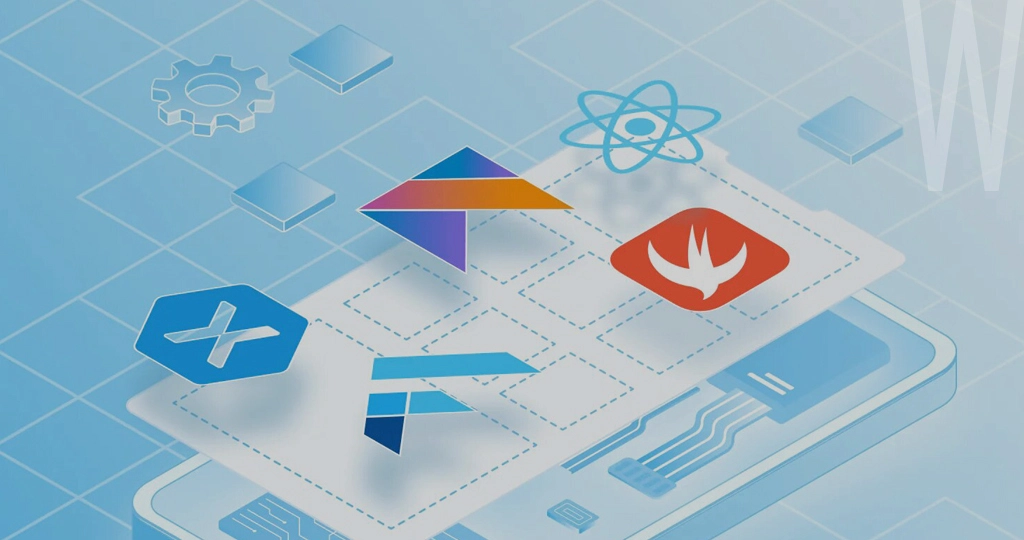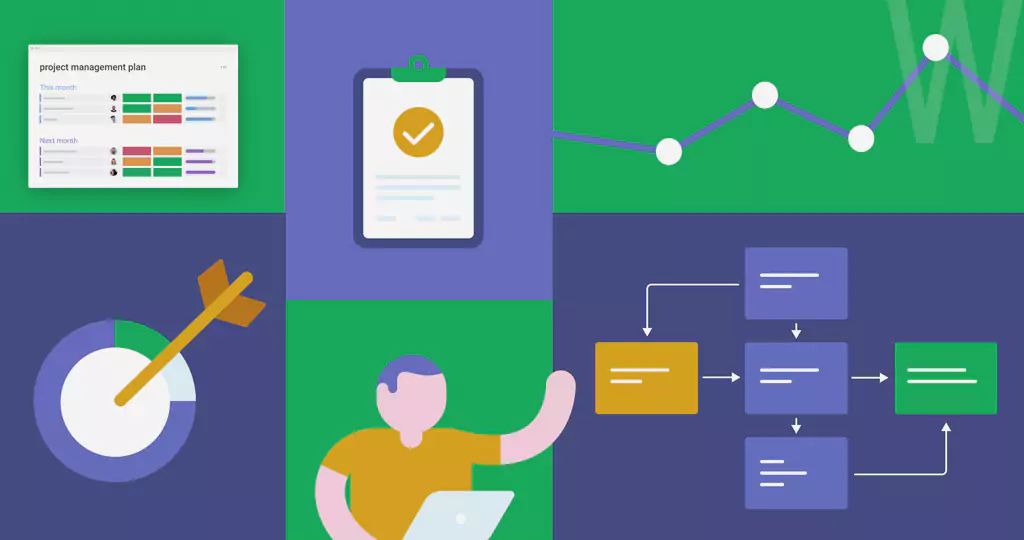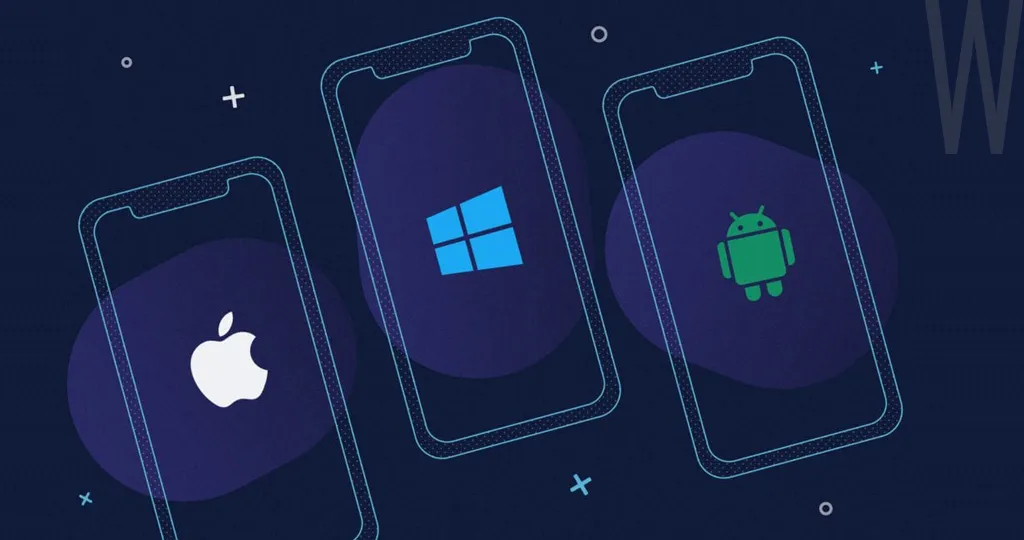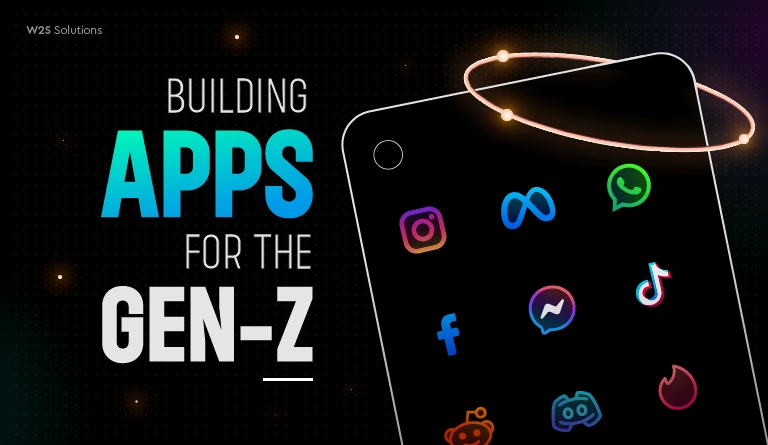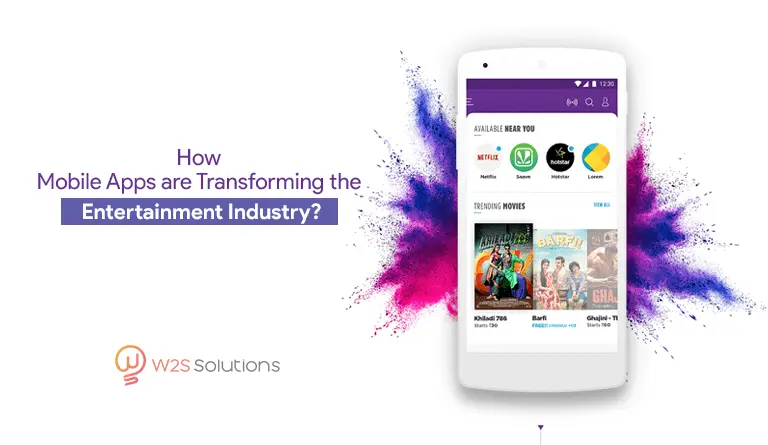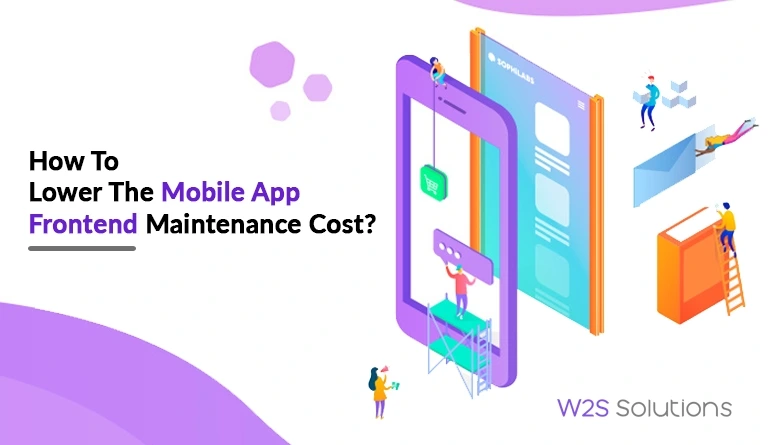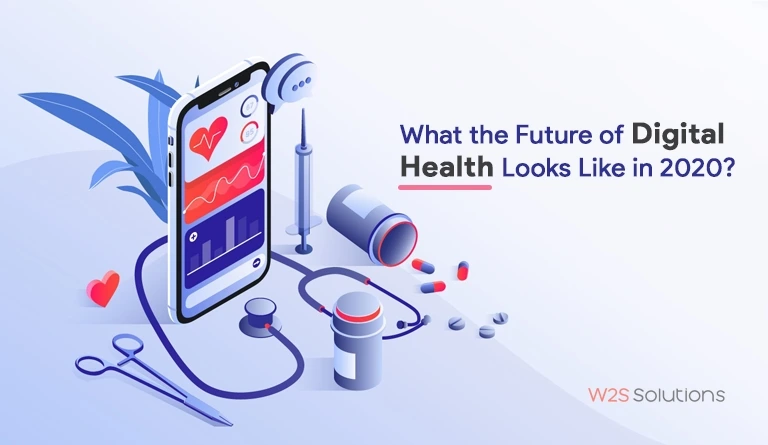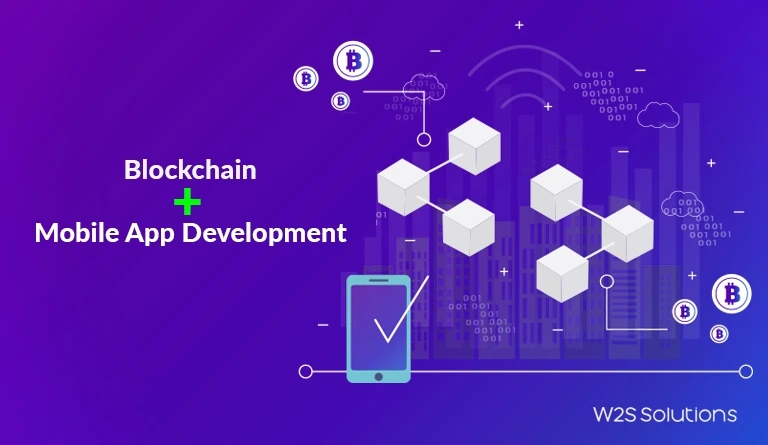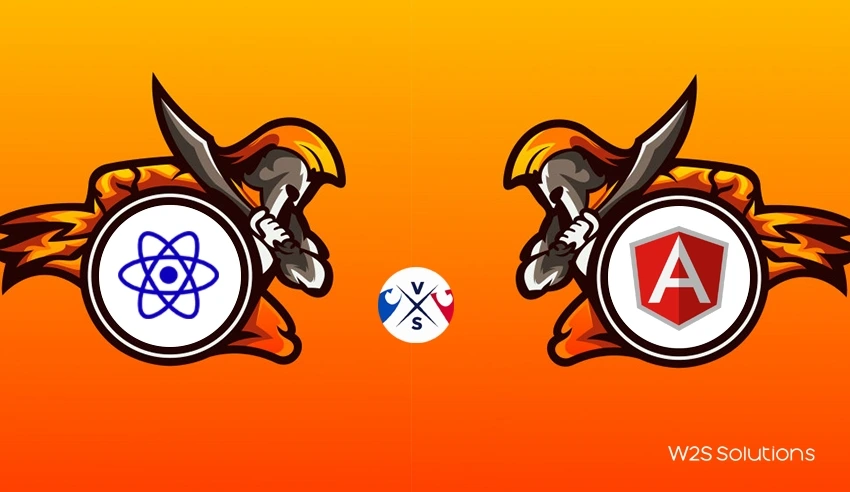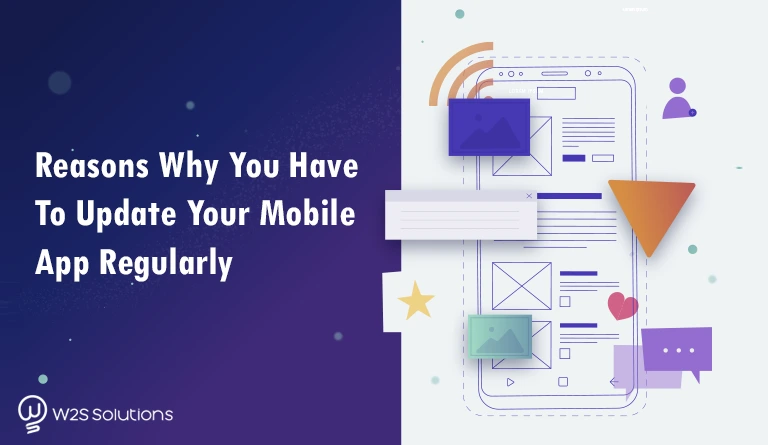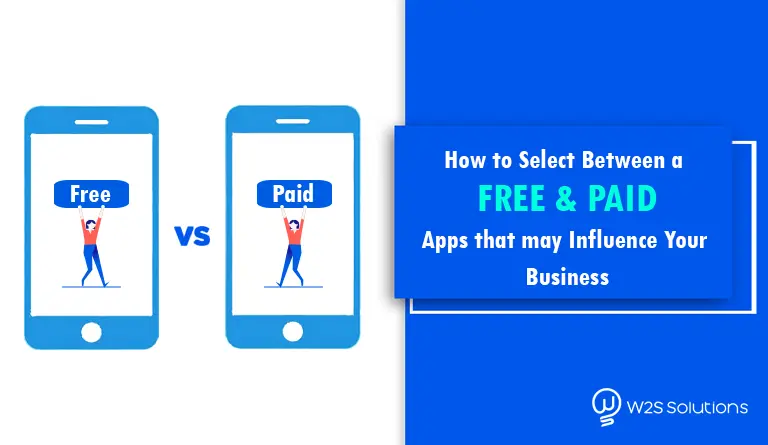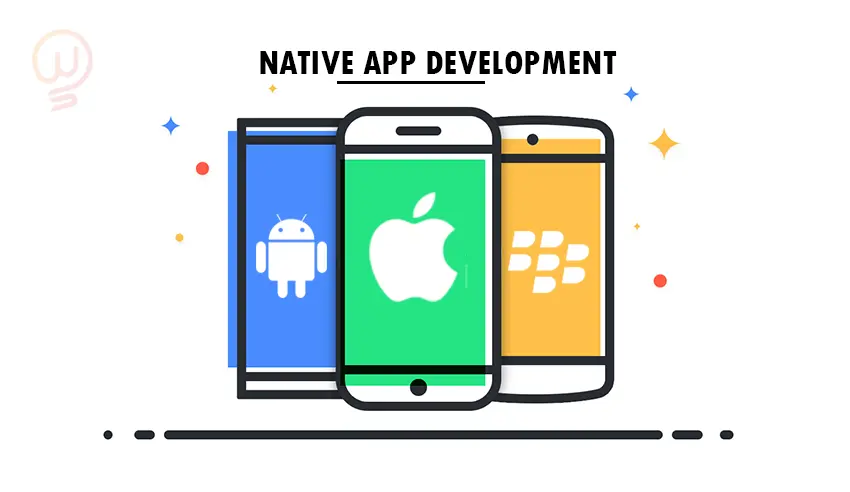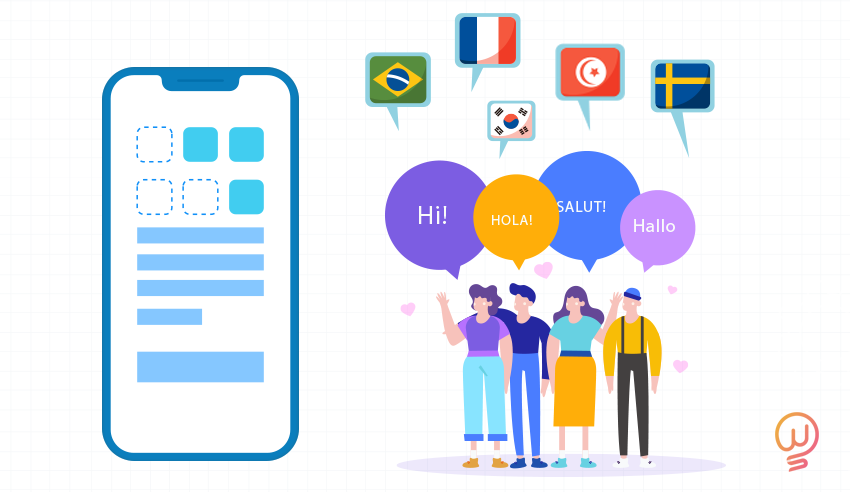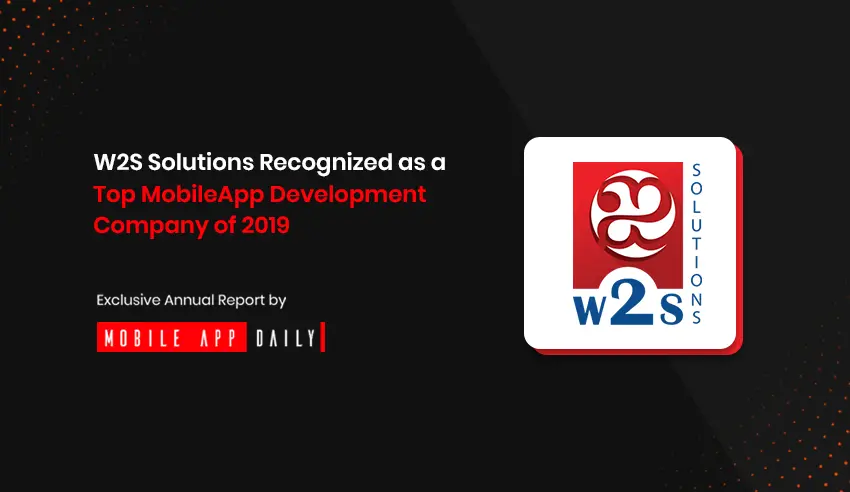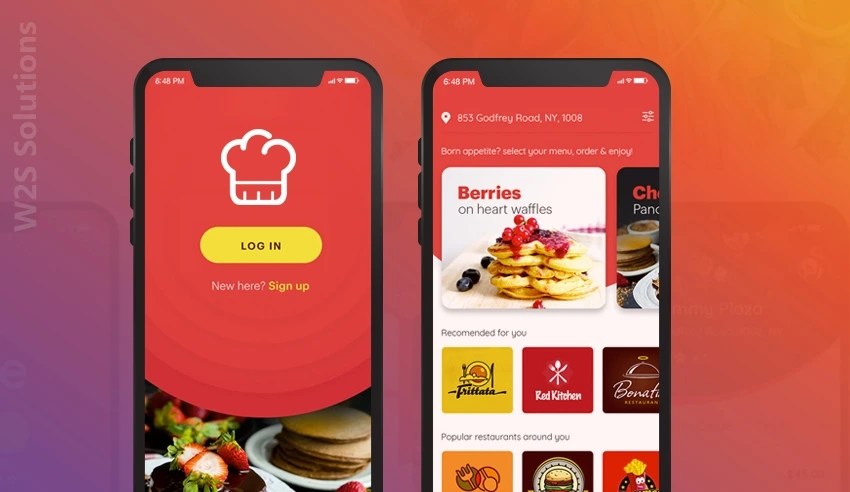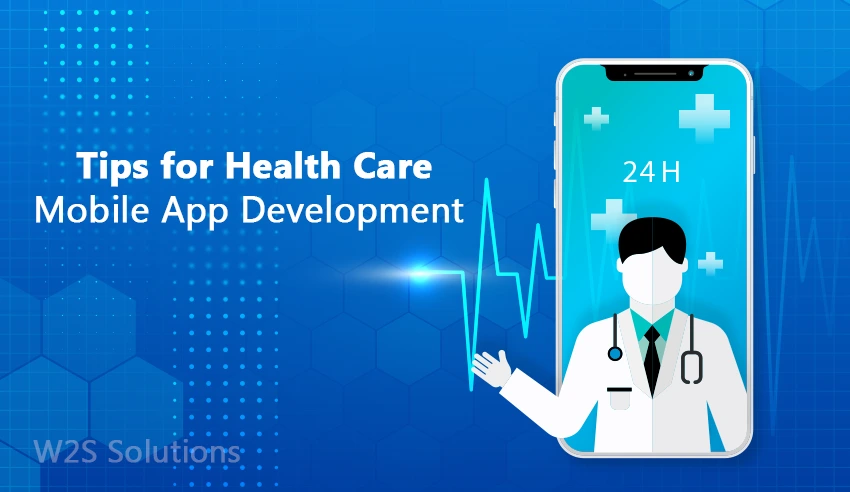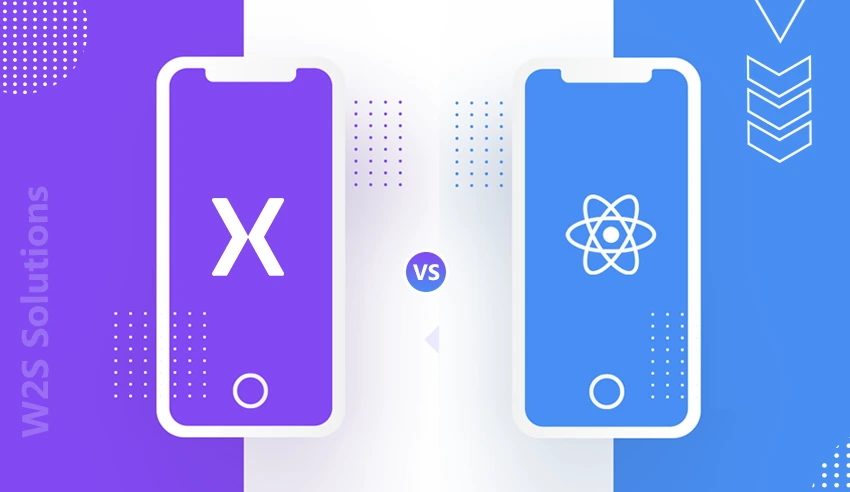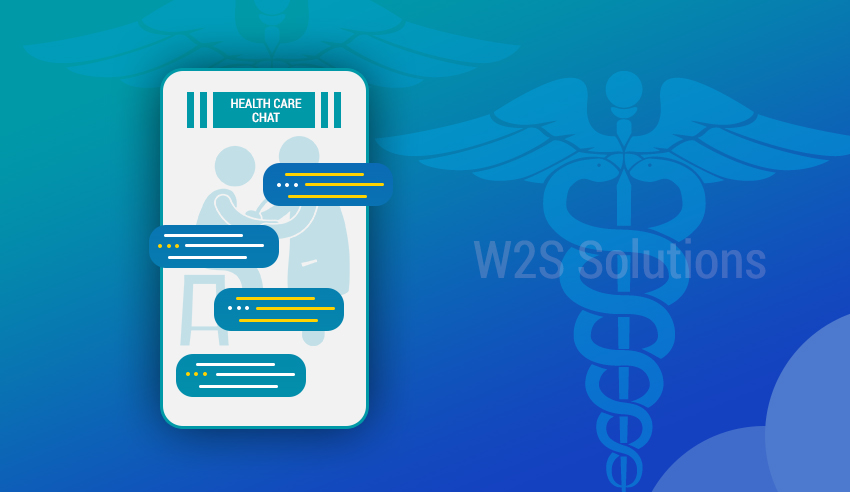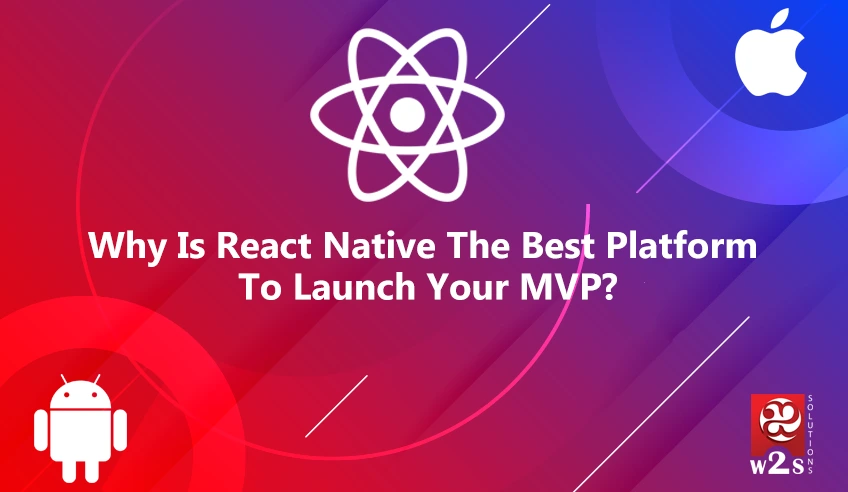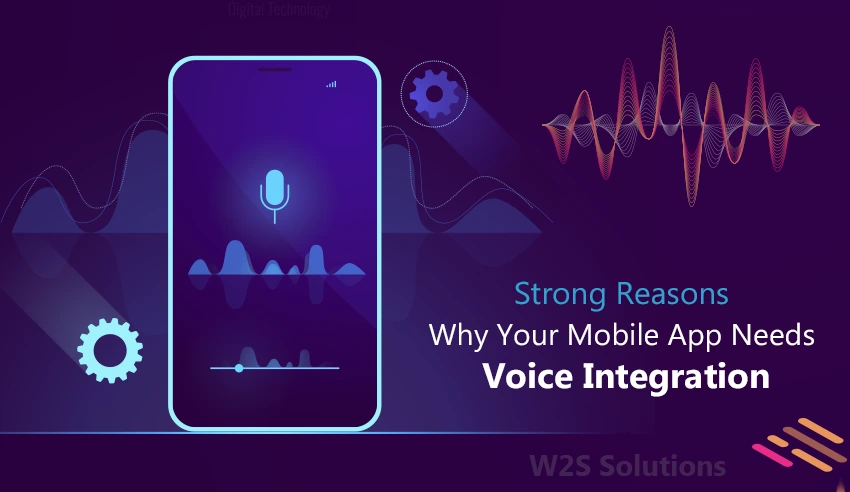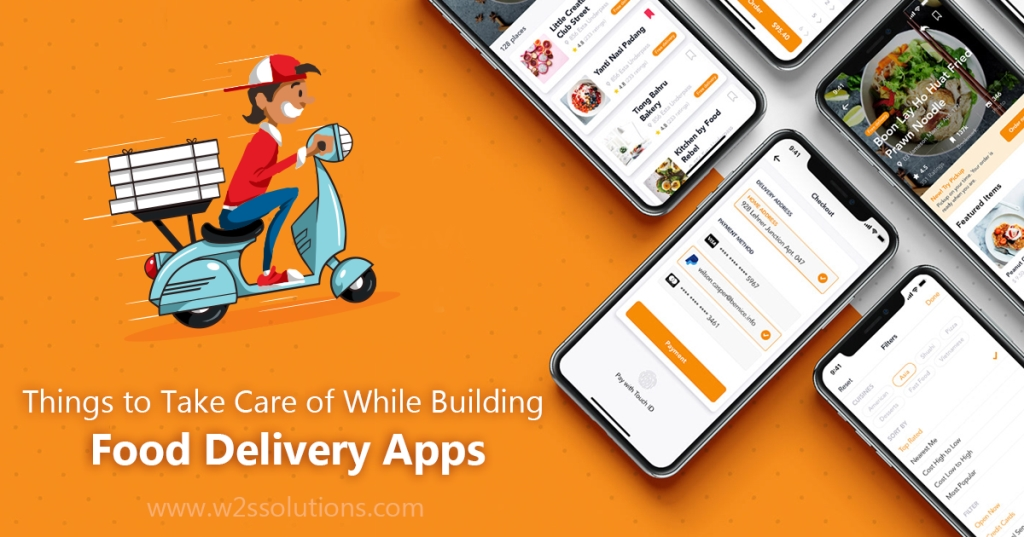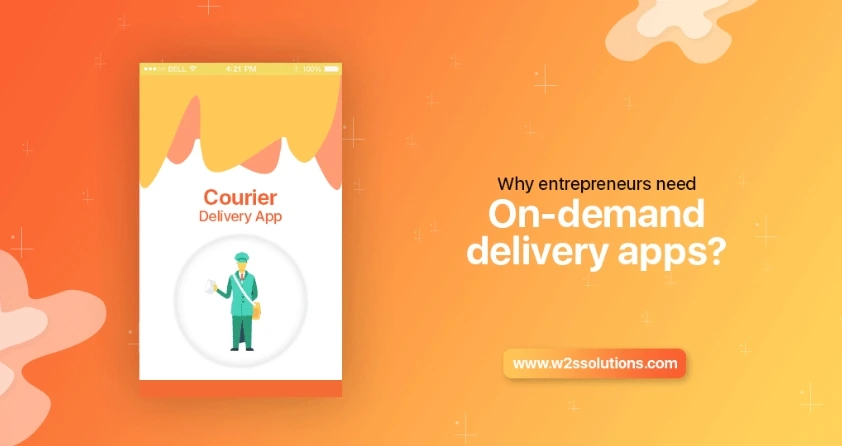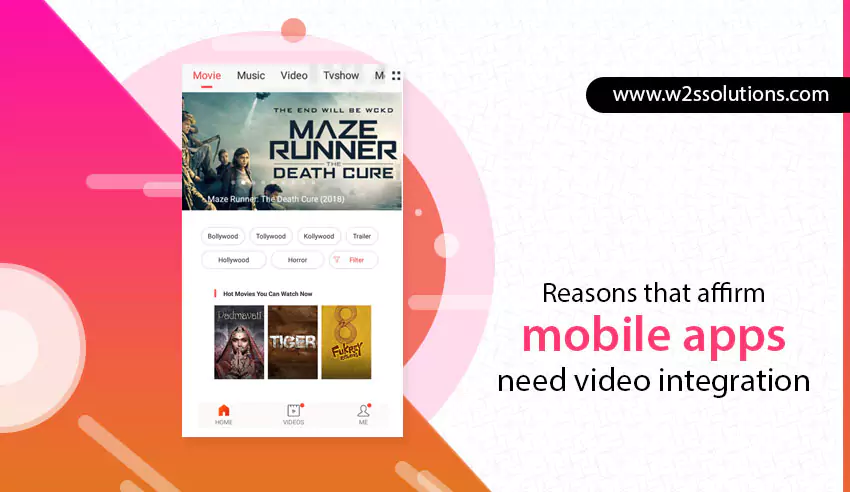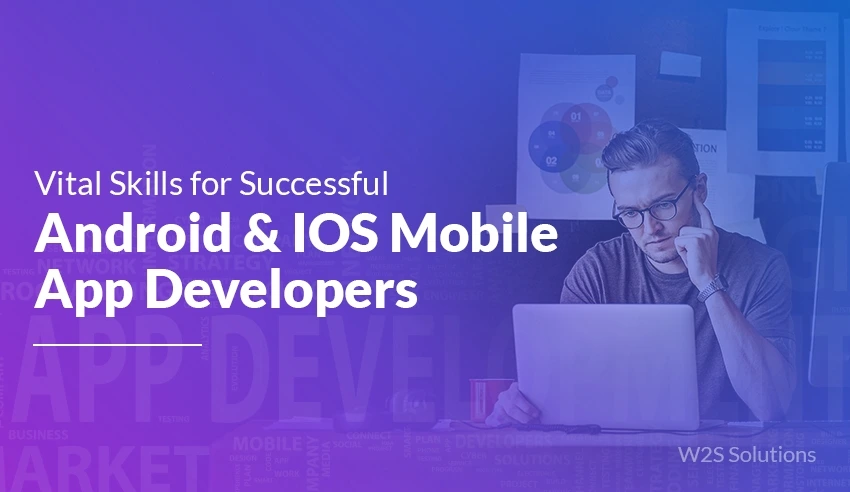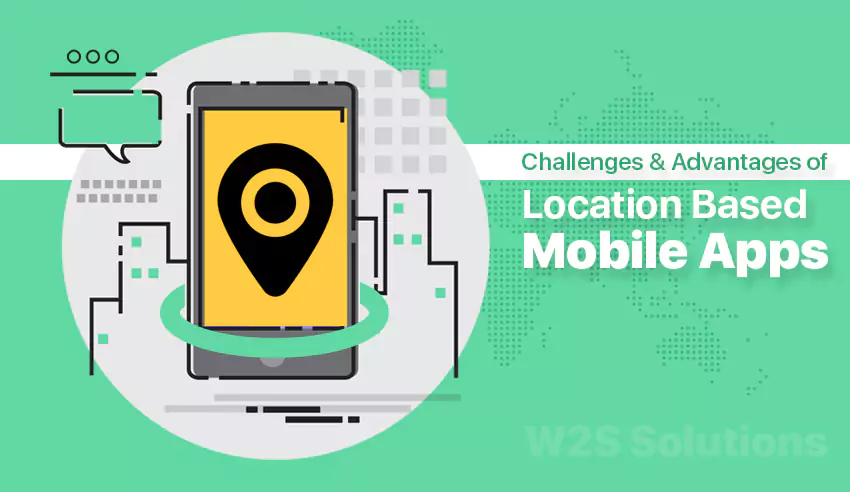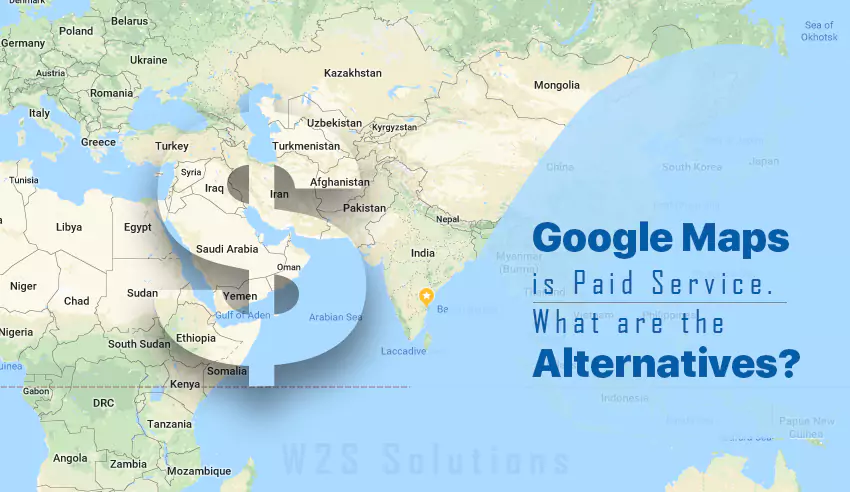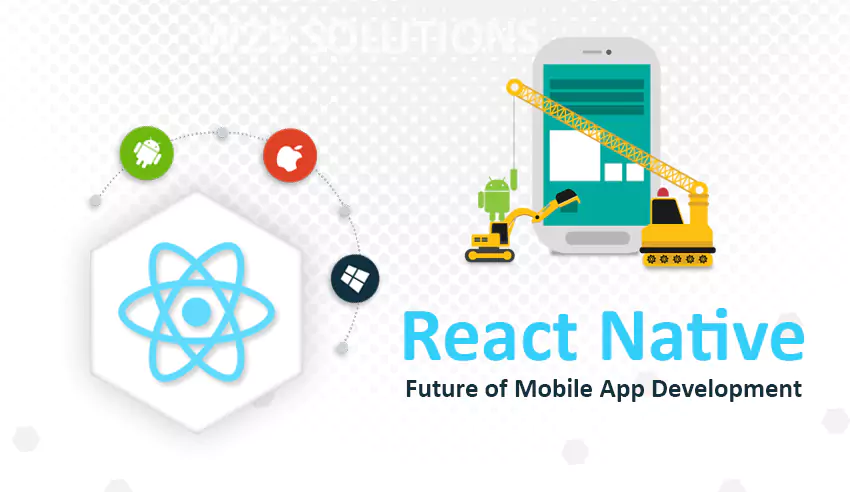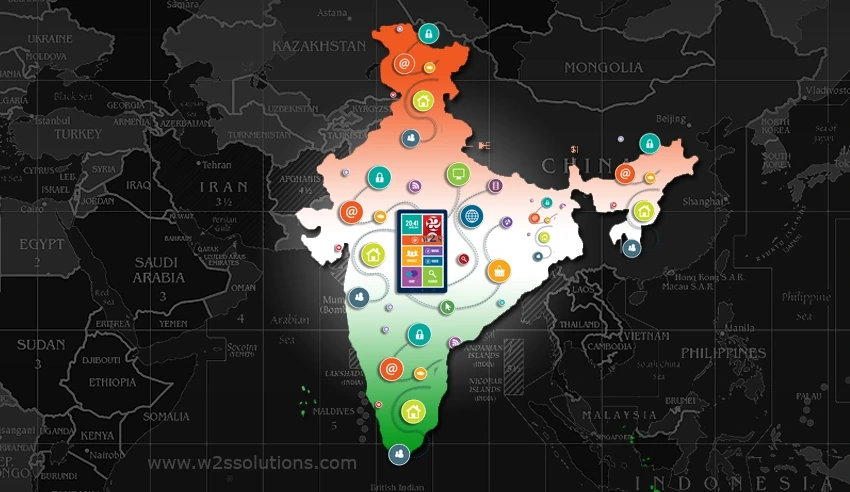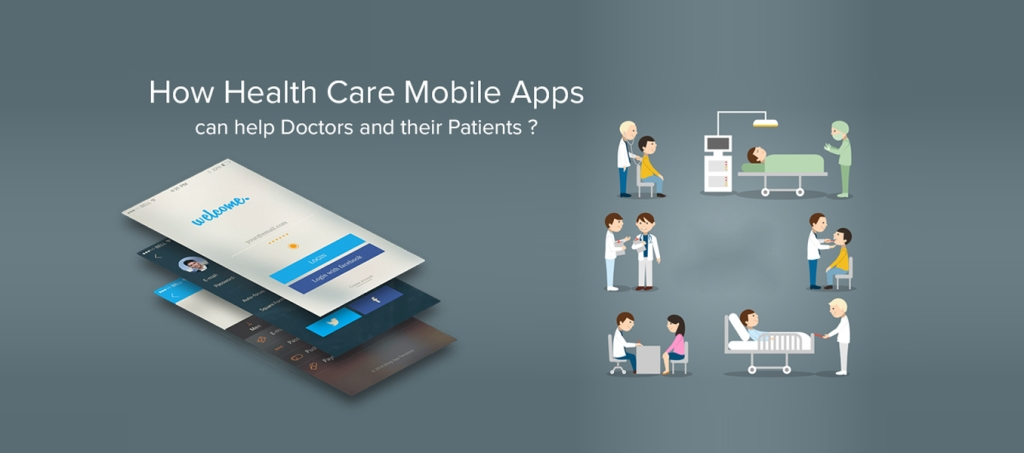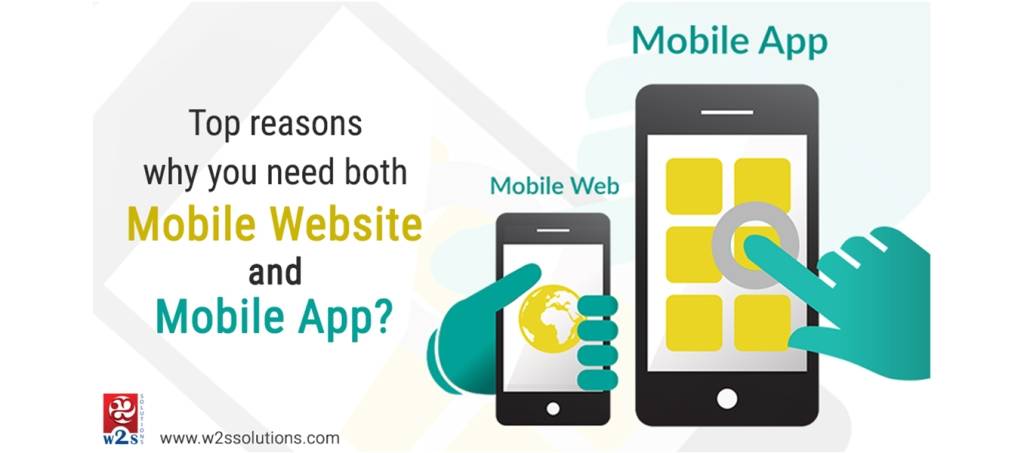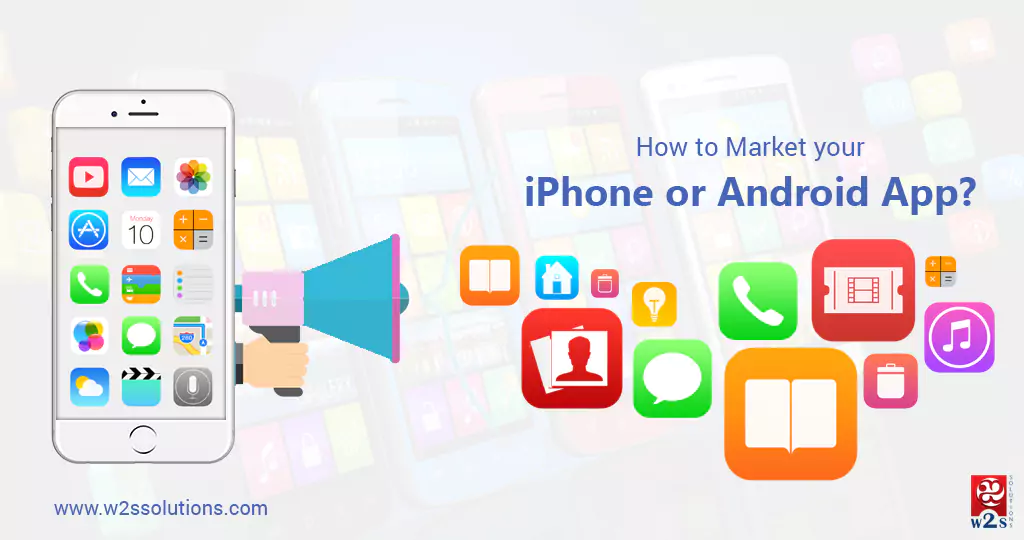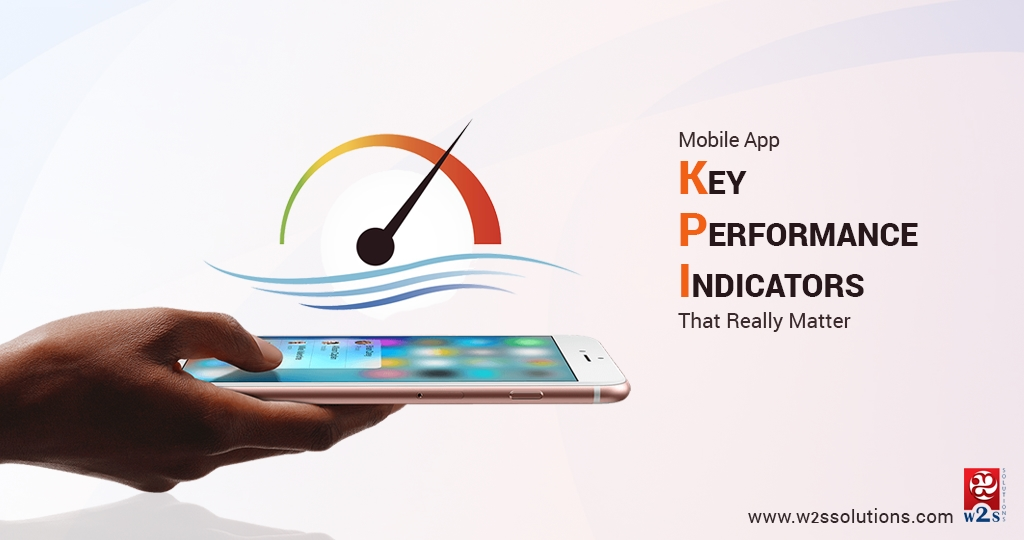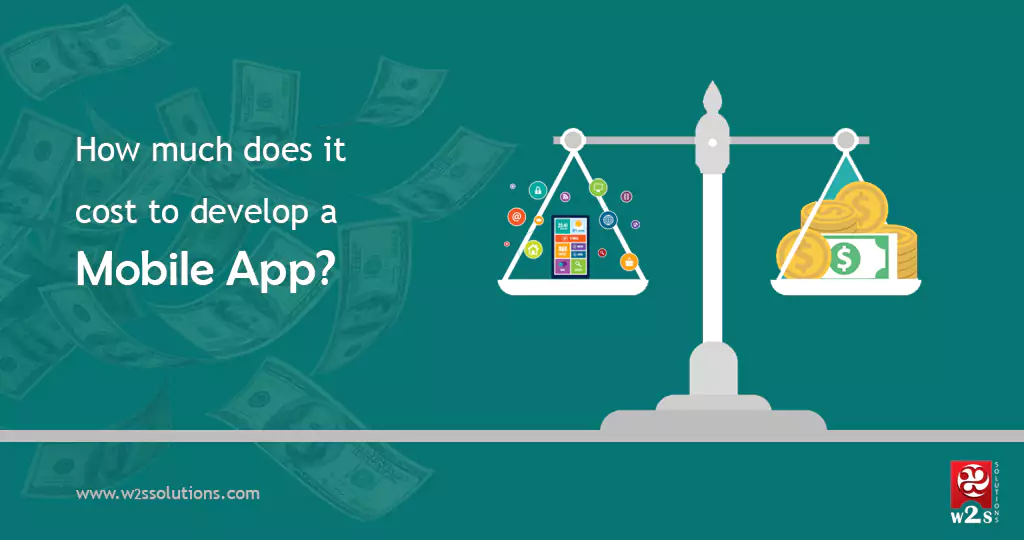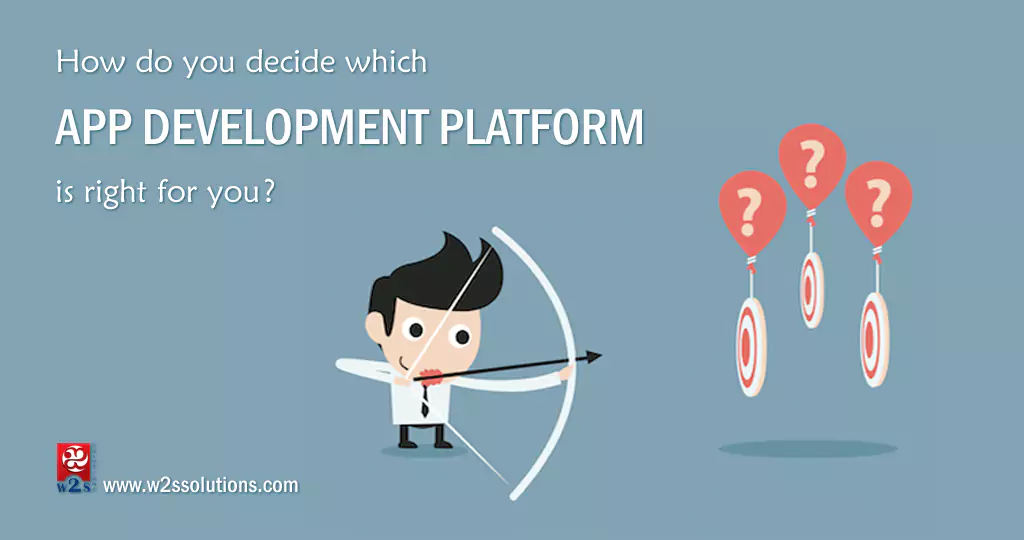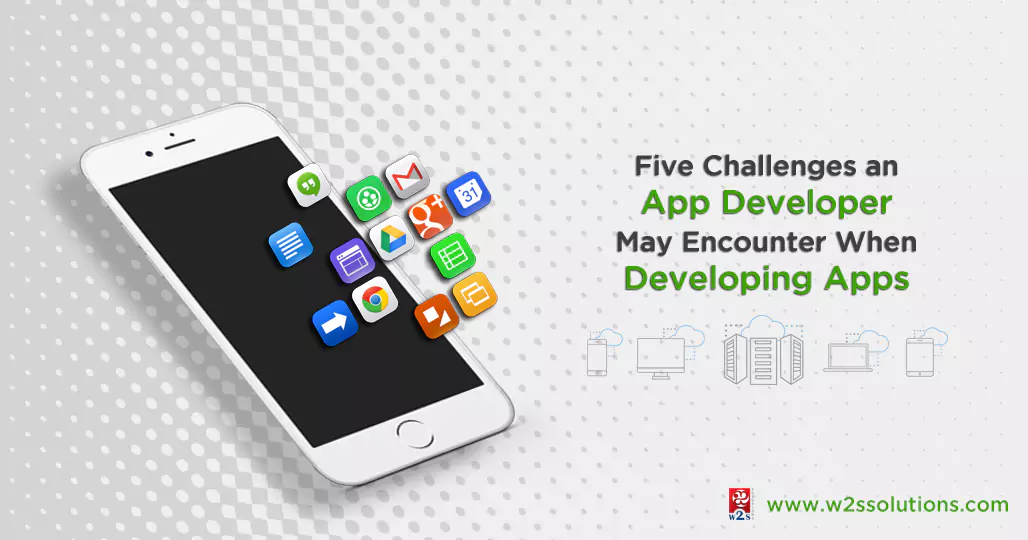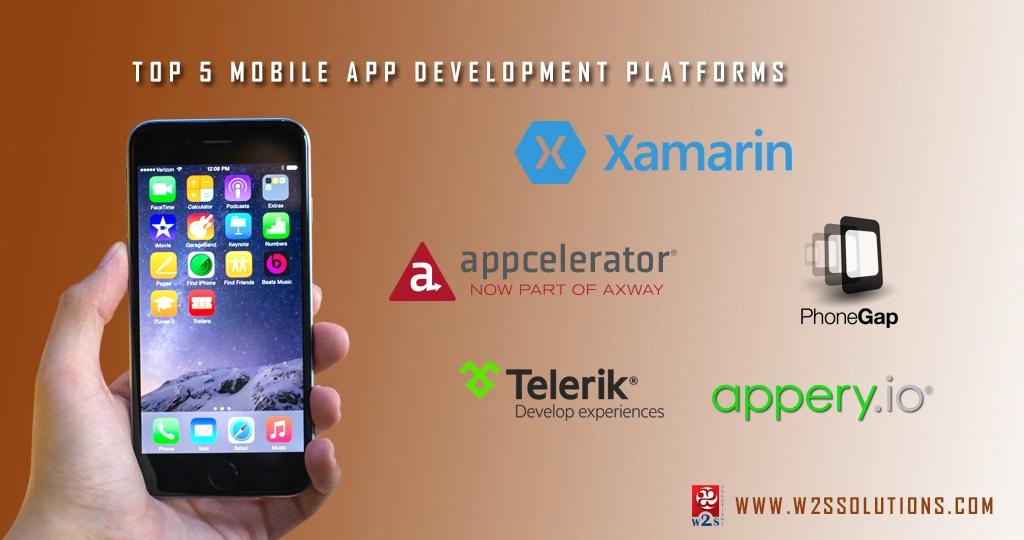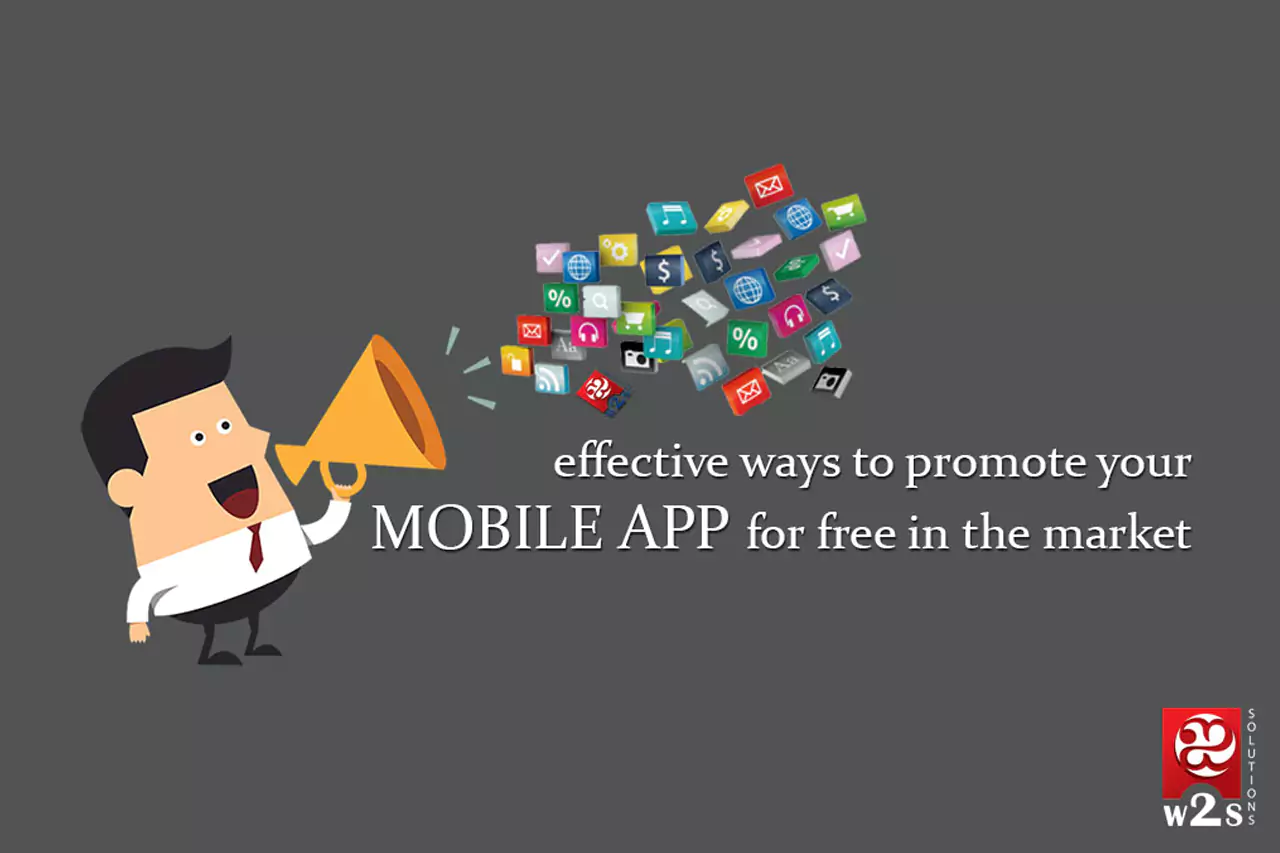TABLE OF CONTENT
Mobile app development is about much more than just writing code; it’s about creating awesome user-friendly experiences, optimizing performance, and staying ahead in a constantly adapting market. This article will dive deep into the cutting-edge tools, frameworks, and programming languages that help mobile application developers create top-notch, user-centric mobile applications that work seamlessly across various platforms.
We’ll explore the versatility of cross-platform development frameworks, get to know the transformative potential of emerging technologies such as AI and AR and provide invaluable insights for developers, business owners, and tech enthusiasts.
Programming languages used in Mobile app development
With a diverse range of programming languages to choose from, depending on your development journey’s specific needs and preferences. Here are five major programming languages commonly used for mobile app development:
Java: Java has been a staple in Android app development for years. It’s an object-oriented, platform-independent language that provides a robust and reliable foundation for building Android applications. Java’s versatility and extensive libraries make it an excellent choice for a wide range of app types.
Swift: Swift is Apple’s programming language of choice for iOS app development. It is designed to be efficient, easy to read, and prevent common programming errors. Swift’s performance and safety features have made it increasingly popular among iOS developers.
Kotlin: Kotlin is another programming language for Android app development. It’s fully integrated with Java, which means developers can seamlessly use it in existing projects. Kotlin offers concise syntax, enhanced safety features, and improved code readability, making it a preferred choice for many Android developers.
JavaScript: JavaScript, particularly when used with frameworks like React Native or Flutter, is a powerful language for cross-platform mobile app development. With a single codebase, you can target both Android and iOS, saving time and effort. React Native, in particular, is widely used for its ability to build native-like apps with web development skills.
C#: C# is associated with the Microsoft ecosystem and is primarily used for developing apps on the Xamarin platform. Xamarin allows you to write a single codebase and deploy it on multiple platforms, including Android and iOS. C# is known for its performance and reliable development tools.
Each of these programming languages has its strengths and weaknesses, and the choice depends on the platform you’re targeting and your personal preferences. Additionally, the development environment, community support, and available libraries play a significant role in making the right decision.
Types of Mobile App Development Frameworks
Frameworks in mobile app development can be broadly categorized into three main types: native, hybrid, and cross-platform. Let’s explore each of these mobile app development frameworks:
Native App Development: Native app development involves creating apps specifically for a single platform (iOS or Android) using platform-specific programming languages and tools. For iOS, developers use Swift or Objective-C, and for Android, Java or Kotlin.
Advantages:
- Superior performance and responsiveness due to direct access to device features.
- Full access to platform-specific APIs and features.
- Consistent user experience with the native look and feel of the device.
Considerations:
- Separate development efforts are needed for each platform.
- Higher development and maintenance costs.
- Longer development time for multiple platforms.
Hybrid App Development: Hybrid app development involves creating a single codebase using web technologies (HTML, CSS, JavaScript) and rendering it within a native component. These WebView components are part of the platform’s SDK.
Advantages:
- Code reusability across multiple platforms.
- Lower development costs and faster time-to-market.
- Access to device features through plugins.
Considerations:
- Slightly reduced performance compared to native apps.
- Limited access to platform-specific features.
- May not provide the same native look and feel.
Cross-Platform App Development: Cross-platform app development aims to strike a balance between native and hybrid approaches. It uses a single codebase, but the apps are compiled to native code, allowing them to run directly on the device’s hardware. Popular cross-platform frameworks include React Native and Flutter.
Advantages:
- The codebase can be shared across multiple platforms.
- Near-native performance and access to native APIs.
- Reduced development time and cost compared to native development.
Considerations:
- Slightly more complex than hybrid development.
- May still require platform-specific code for some features.
- Tooling and community support can vary between cross-platform frameworks.
The choice of mobile app development framework depends on project requirements, budget, and the target audience. Careful consideration of the project’s needs and priorities is crucial in selecting the right framework.
Top Mobile App Development Frameworks
Here are the top mobile app development frameworks used by developers:
React Native: React Native is an open-source JavaScript framework for building mobile apps that look and feel like native applications. It enables developers to write code and run it on both iOS and Android, reducing development time and effort.
Flutter: Flutter is an open-source UI toolkit by Google that empowers developers to create natively compiled apps for mobile, web, and desktop from a single codebase. It stands out for its expressive UI and high performance.
Xamarin: Xamarin is a Microsoft-owned framework that allows developers to build native apps for iOS and Android using the C# programming language. It offers code sharing, native performance, and easy access to platform-specific APIs.
Apache Cordova: Apache Cordova, previously known as PhoneGap, is an open-source framework that simplifies cross-platform app development using web technologies. It’s suitable for building simple and content-focused applications.
NativeScript: NativeScript is an open-source framework that lets developers create native apps for iOS and Android using JavaScript, TypeScript, or Angular. It provides direct access to native APIs, making it suitable for high-performance apps.
Unity: Unity is a versatile platform often used for game development but also suitable for mobile app development. It’s known for its 2D and 3D graphics capabilities and support for various platforms, including iOS and Android.
Top Tools for Mobile App Development
Sencha Touch: Sencha Touch is a framework for developing mobile web applications with a native app appearance. It leverages HTML5, CSS, and JavaScript to build cross-platform apps that are designed for touch-based interactions.
WidgetPad: WidgetPad is a web-based tool tailored for mobile web app development. It provides a collaborative environment for creating web applications designed specifically for mobile devices.
RhoMobile Suite: RhoMobile Suite is a set of open-source tools for cross-platform mobile app development using the Ruby programming language. It focuses on simplifying the development process for multiple platforms.
Solar2D (formerly Corona SDK): Solar2D, previously known as Corona SDK, is an open-source framework for creating 2D games and interactive mobile apps. It uses Lua scripting and offers a rich library of pre-built tools and plugins.
Conclusion
If you get into mobile application development, there’s a wide array of tools and technologies to choose from. Native, hybrid, and cross-platform approaches each have their strengths and weaknesses, depending on factors like performance, budget, and time-to-market. To build exceptional mobile apps that provide a seamless, user-friendly experience, it’s crucial to select the right tools and stay updated on the latest trends.
W2S Solutions, a leading mobile app development company, specializes in crafting high-quality mobile apps tailored to your business needs. With our skilled team and deep industry knowledge, W2S Solutions offers innovative and custom solutions using the latest mobile app development tools and technologies.
Frequently Asked Questions
Get inspired!
Subscribe to our newsletter and get updates on how to navigate through disruption and make digital work for your business!
